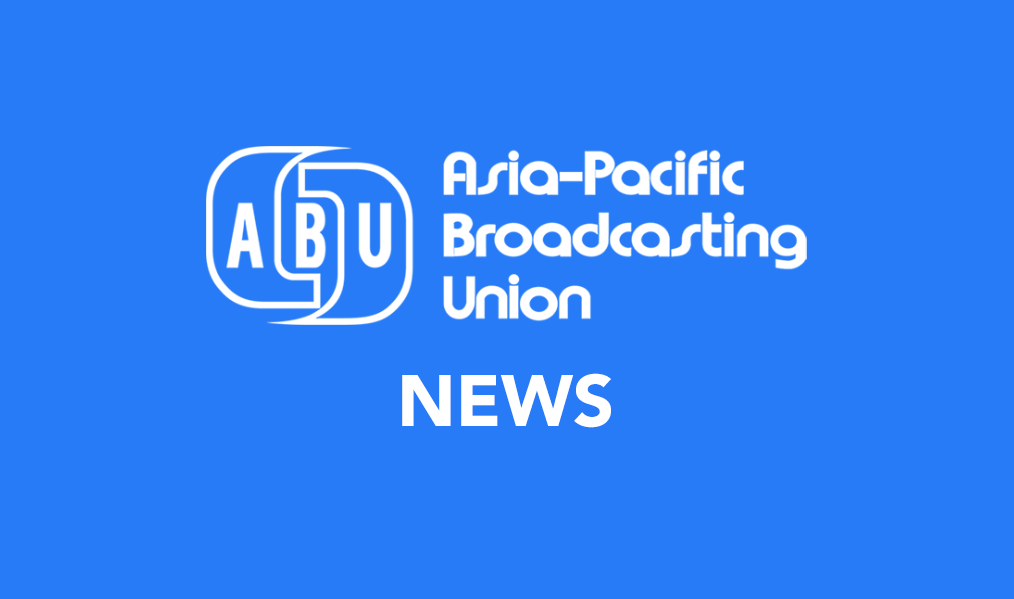
Deutsche Welle announces major changes to boost global reach
 The German international broadcaster Deutsche Welle has announced major changes to its structures and outputs – including those to Asia – to make itself a bigger global player.
The German international broadcaster Deutsche Welle has announced major changes to its structures and outputs – including those to Asia – to make itself a bigger global player.
DW’s Director General Mr Peter Limbourg told staff in Berlin and Bonn the strategy will focus on changes to its language offerings and TV magazines as well as the introduction of dialogue- and comment-based formats.
“In order to reach our goals for the coming four years, we have to create the right conditions in our departments now,” he said. “They will create the framework in which we can realize our concept of creative and modern journalism and position ourselves as a global information provider based in Germany.”
The plans are designed to strengthen DW’s English content within the international media landscape, with a renewed regional focus on Afghanistan, China and Iran in Asia, as well as Africa, the Arab World, Russia, Latin America, Turkey and the crisis zones within Europe.
English is intended to become the journalistic “flagship” language.
Based on these decisions, the linear TV and online content will be heavily expanded in English. DW’s TV news coverage is set to increase significantly, and the news will be broadcast more frequently. DW will reduce the number of shows it produces, while elevating the quality of the remaining formats.
Within the offerings for Asia and Africa, programming will emphasise certain topic areas – for example, there will be a business show for Asia. The necessary regional competence will be secured by retaining journalists from language departments that are being cut or reduced. DW’s social media activity in English will be intensified and its English-language radio production limited to shows intended for African FM partner broadcasters.
DW will continue to offer original content on television and online in German, though expenditure in this area will be reduced.
Mr Limbourg said numerous language departments at DW will remain essentially untouched by the structural changes, though further work will be undertaken to increase the quality of their offerings and the number of users within the target audience. This goes for editorial departments in languages including Dari, Pashto, Farsi, Chinese, Amharic, Arabic, Spanish, and Turkish.
In the future, DW will address its target groups in India and Pakistan primarily in English. Manthan, a science magazine format for TV in Hindi, will continue, but the Hindi website will be shut down. Radio offerings in Urdu will focus on the educational Learning by Ear program, and Urdu-language evening radio broadcasts will be preserved for the time being. Both the radio broadcasts via shortwave and the website in Urdu will shut down.
The Indonesian science magazine for TV, Inovator, will initially continue, and checks will be undertaken to see whether parts of the new English TV channel can be subtitled in Indonesian. The Indonesian website will also be reduced to a personalised, dialogue-based blog format with comments.
Deutsche Welle will end its offerings in Bengali, though some staff members from the Bengali department will be employed to strengthen English-language TV and online offerings for Asia.

